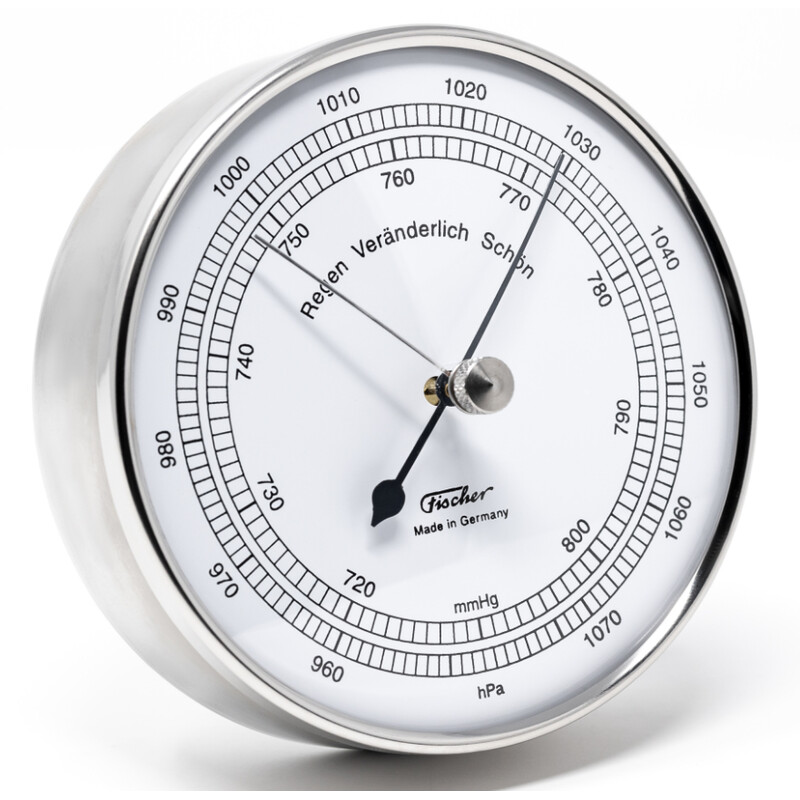Exploring the Different Sorts Of Expert Weather Stations for Accurate Data Collection
When it comes to picking the ideal weather terminal for data collection, the market offers a range of choices tailored to various requirements and setups. Let's check out the nuances of these specialist weather condition terminals to comprehend their one-of-a-kind functionalities and identify the finest fit for certain data collection requirements.
Digital Weather Condition Terminals
In the realm of meteorological instrumentation, digital weather stations stick out as sophisticated tools for exact data collection and evaluation. These sophisticated terminals are equipped with sensors that catch a variety of weather condition specifications such as temperature level, humidity, barometric stress, wind speed, and direction. The data accumulated by electronic climate stations is transmitted wirelessly to a central console or a computer system for real-time surveillance and evaluation.
Among the crucial advantages of digital weather condition stations is their capability to offer high-resolution data with precision and integrity. This level of precision is essential for different applications, including farming, research, emergency situation, and air travel response. Digital weather condition stations typically come with software that permits customers to imagine the data in different formats like graphs and graphes, facilitating simpler analysis and decision-making.
Wireless Weather Stations
Building on the capabilities of electronic climate stations, cordless weather condition terminals offer improved comfort and versatility in information transmission and tracking. By using cordless technology, these climate stations remove the demand for troublesome wired links, enabling for very easy installation in numerous locations. The cordless feature allows real-time information surveillance from remote locations, supplying meteorologists and weather condition lovers with instantaneous accessibility to critical info.
Wireless weather stations generally are composed of sensing units that gather data on temperature, moisture, barometric pressure, wind speed, and direction. These sensors wirelessly transmit the information to a central console or receiver, where it is refined and displayed for analysis. Some advanced cordless weather condition stations can also link to the web, enabling users to access their weather condition data from another location through mobile phones or computers.

Prosumer Weather Condition Terminals
What identifies Prosumer Climate Stations from conventional consumer-grade weather condition terminals? Prosumer Weather condition Stations bridge the void in between consumer-grade and professional-grade tools, using advanced features and higher accuracy than common home weather stations. These stations are designed for weather condition fanatics, amateur meteorologists, and small companies that call for even more exact data than what customer versions can provide.
Prosumer Climate Stations commonly consist of a larger array of sensing units to gauge added atmospheric criteria such as UV index, fallen leave moisture, and soil dampness. They also often tend to have a greater degree of resilience and reliability, making them appropriate for long-lasting outside use in various environmental conditions.


Industrial Weather Stations
Industrial Weather Stations, additionally called meteorological tracking systems, are specialized tools developed for accurate and robust weather condition data collection in industrial setups. These stations are tailored to fulfill the distinct demands of commercial operations where precise weather information is vital for security, efficiency, and decision-making procedures.
Industrial weather condition terminals are equipped with check out here advanced sensing units that can measure a variety of atmospheric criteria such as temperature, humidity, wind rate and instructions, barometric pressure, and precipitation (Weather Stations). These stations are commonly ruggedly constructed to hold up against harsh environmental problems normally located in industrial atmospheres
One trick attribute of industrial weather terminals is their ability to supply real-time information monitoring and analysis. This enables industrial centers to expect weather-related risks, maximize procedures based upon weather condition conditions, and ensure the security of workers and tools. Furthermore, industrial weather condition terminals can be integrated right into existing commercial control systems for smooth information management and automation.
Mobile Weather Condition Terminals
Unlike stationary commercial weather stations, mobile weather terminals supply adaptability and mobility for on-the-go data collection in different ecological setups. These portable units are made to be easily carried to various places, making them excellent for area study, emergency situation response scenarios, farming, building websites, and outside events.
Mobile weather condition terminals usually include sensing units for gauging specifications such as temperature level, moisture, barometric stress, wind speed, and wind instructions. Some advanced versions might additionally feature additional sensors for keeping track of rainfall, solar radiation, and UV levels. In spite of their small size, portable weather condition stations can offering trusted and exact information equivalent to that of larger, fixed terminals.
One of the Our site vital advantages of mobile weather condition stations is their fast implementation and convenience of setup. They can be operational within minutes, enabling quick information collection and analysis. Additionally, these terminals can be programmed to send real-time data wirelessly, allowing individuals to monitor and analyze environmental problems remotely. Generally, mobile weather terminals are indispensable tools for specialists requiring mobile, exact, and prompt weather details in diverse settings.
Final Thought
In verdict, specialist weather stations come in various kinds such as digital, wireless, prosumer, commercial, and portable. By understanding the differences in between these types of climate stations, individuals can make educated choices to ensure they get the most precise and trustworthy weather information for their objectives.
Climate))))
Building on the capabilities of electronic weather condition terminals, wireless climate terminals supply boosted convenience and versatility in information transmission and tracking. Some progressed wireless weather condition stations can even link to the internet, allowing customers to access their climate information remotely by means of computers or smartphones.
Prosumer Weather condition Stations bridge the space in between consumer-grade and professional-grade tools, using even more advanced attributes and higher precision than common home climate terminals. Weather Stations. Overall, mobile weather terminals are invaluable devices for experts requiring mobile, precise, and prompt weather information in diverse settings
By comprehending the differences between these types of climate stations, individuals can make informed decisions to guarantee they get the most reputable and specific weather information for their purposes.